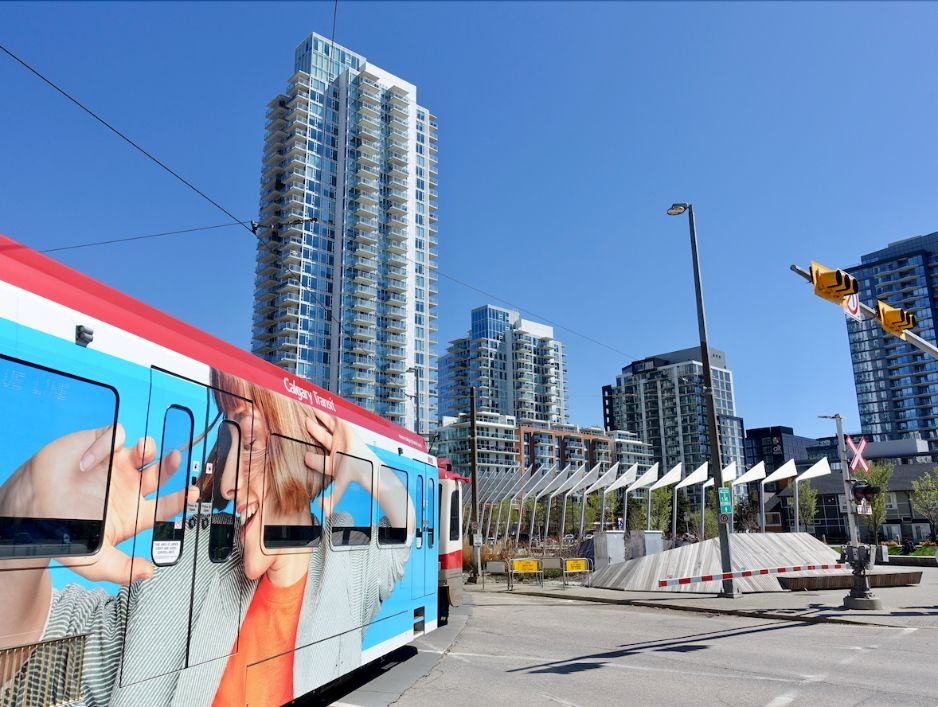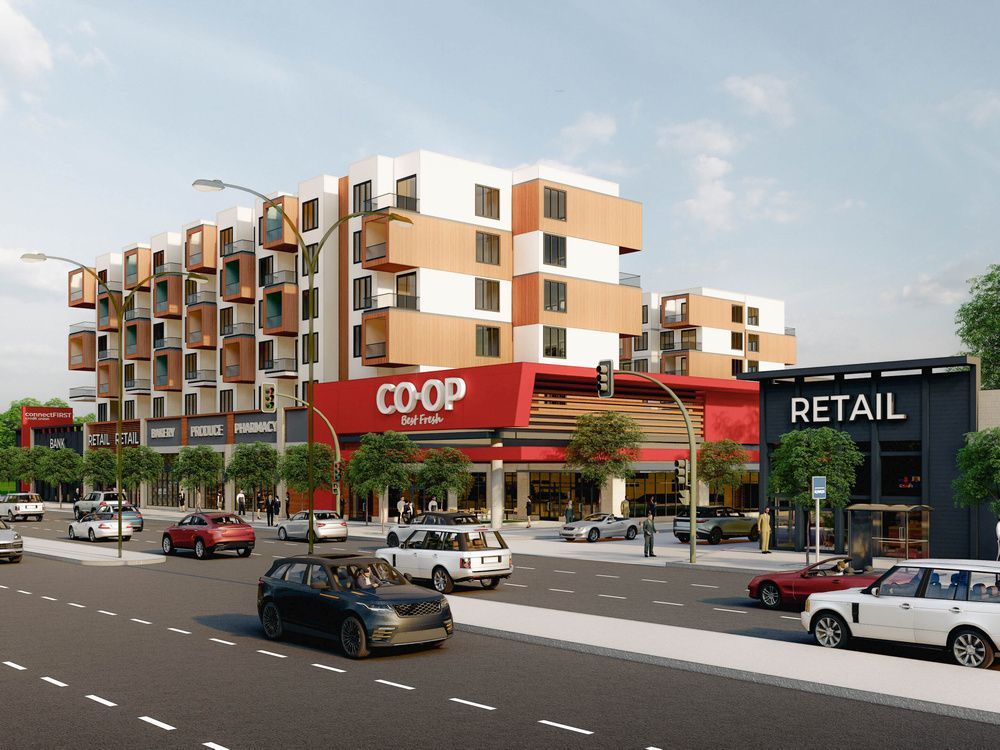jhappy77
Active Member

Calgary’s Urban Sprawl: Facing Reality! — Everyday Tourist
The reality is, to attract talent to Calgary means creating a diversity of urban living options from high-rise in the City Centre to master planned suburbs.
Another Richard White article, endorsed by Terry Wong and others on Twitter.
It's mostly a reiteration of the same ideas that he's posted about many times before. Here are some thoughts:
- He treats 1 survey statistic (preferred housing type) as the gospel to prescribe what we need to do. This ignores that this preference is simply one among many factors that people weigh when buying a home, and many people may be willing to compromise on it under the right conditions (and depending on what else they value). For example, a family that prefers a single family home might be willing to settle for a townhome if it means they can be closer to their work and the things they care about.
- He creates a false dichotomy of idealists versus realists - mostly to dismiss the "idealist" side as unrealistic - when we actually need to consider points that both sides are making (yes, we need to keep housing affordable, but we also need to grow in a way that doesn't cost us many billions more in taxpayer dollars over the long term)
Last edited:





